
Ottoman Empire
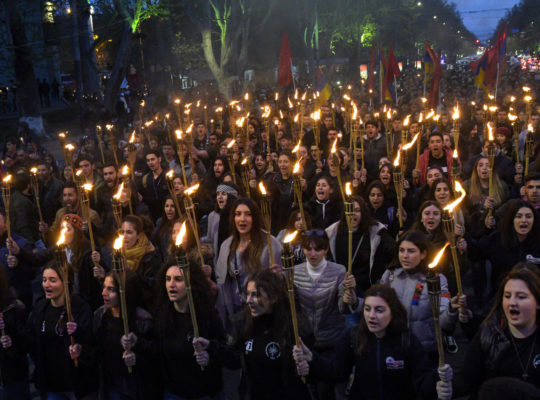
The Ottoman Schindler
Cemil Kunneh chose to not participate in this collective crime and not share complicity. He resisted group pressure, fear of ostracization and the imperative to obey authority and the orders of his superiors. His stand shows the complex social and political dynamics of the late Ottoman Empire.
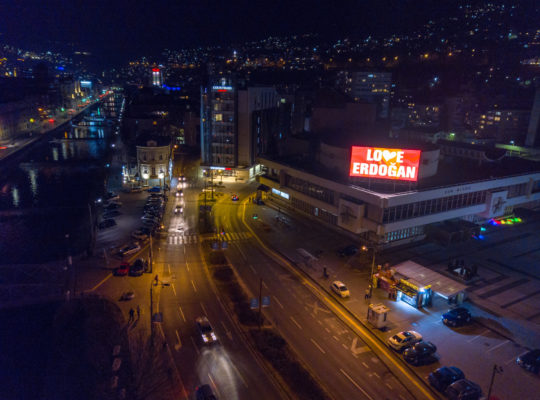
The ‘Ghost Empire’ of the Balkans
In the Balkans, the Ottoman Empire is gone but not forgotten. Many of the citizens of republics in southeastern Europe long for the past to return, a nostalgia that has not gone unnoticed in Turkey. For years, politicians have sought to mobilize this post-imperial memory for their own purposes.
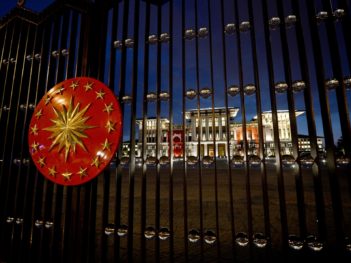
‘Jesus Was Turkish’: the Bizarre Resurgence of Pseudo-Turkology
On the margins of capitalism or in the furnace of communism, Turkic peoples have borne the brunt of modernity’s failures and experienced few of its successes. Ancient history, invented or otherwise, offers a refuge.

Ghosts of Nationalisms Past
After 1923, homogeneity, sameness, consistency, and obedience were qualities strictly enforced — a kind of ethnic chauvinism that repudiated the weak pluralism of the Ottoman state … When the entire political class of a nation is so consumed by a furtively distrustful mindset, there is never a correct time to trouble the state with a demand for greater rights or greater equality.
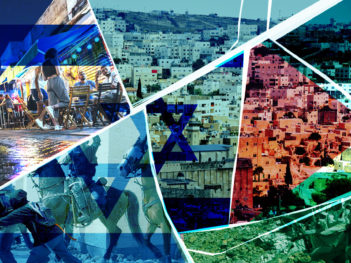
Among the Settlers in the Holy Land
As I was furiously taking notes, one of the attendees of a tour in city of Hebron whispered at me, “You’re one of those leftists working for an NGO. You’re here to collect evidence of all the terrible things we do.”

The Untold Story of Turkey’s Cunda Island
What on paper seemed to the bureaucrats who engineered the 1923 population exchange between Turkey and Greece an ingenious arrangement to help both countries cement their own nationalist myths was in practice anything but.
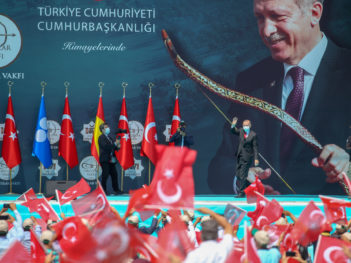
Turkey’s Chase for the ‘Red Apple’
The Red Apple is a symbol of a vision and quest for modern Turkey — to wield influence and hegemony that extends well beyond its borders into Muslim-majority lands that were formerly ruled by the Ottomans in the Balkans, Middle East, and the Caucasus.
